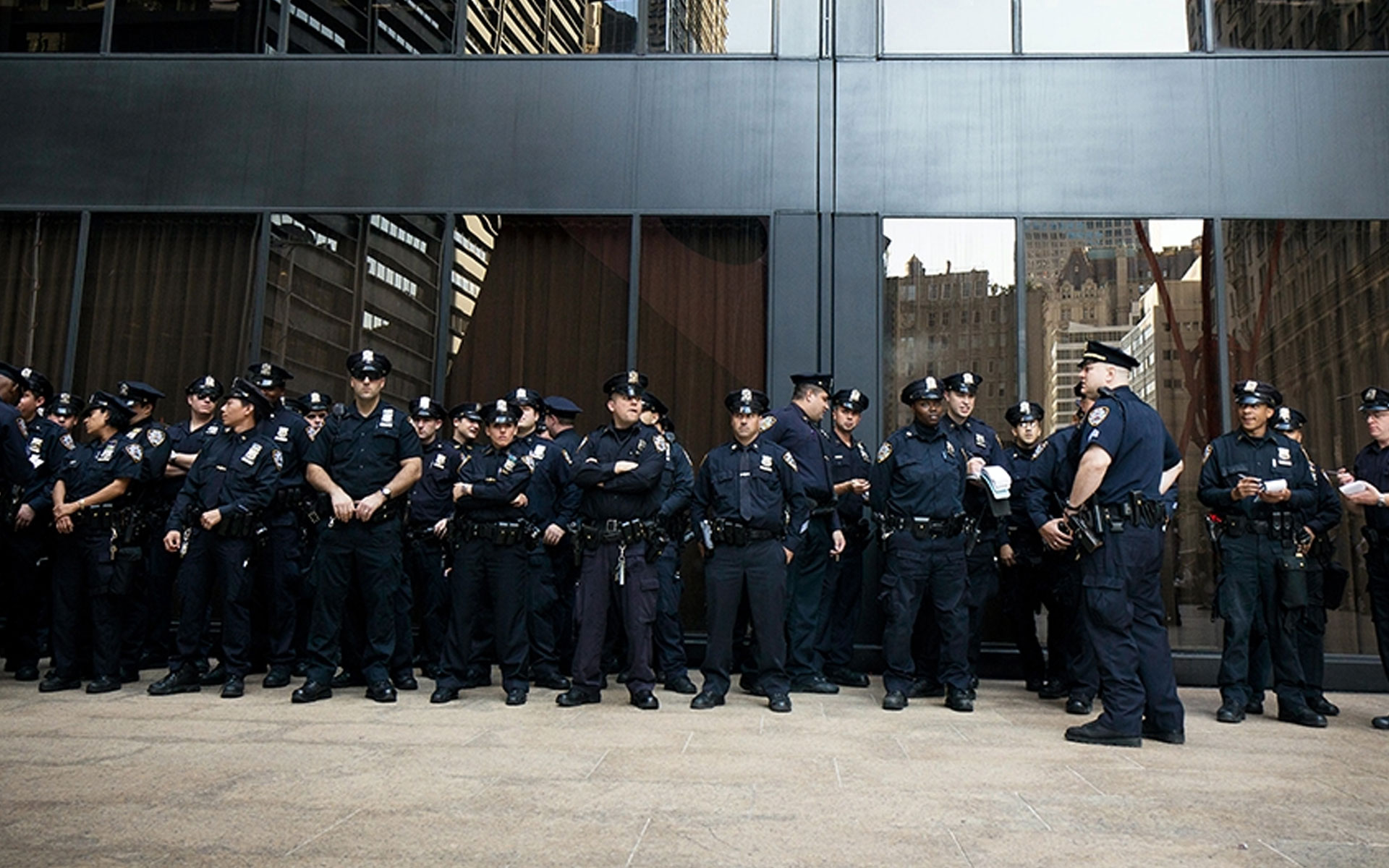How integrity in upper management can have unintended negative effects
There’s a scene in the movie Black Panther in which King T’Challa enters a casino with his army general, the formidable Okoye. She’s trying to blend in with the crowd, so she sports an itchy wig on her boldly tattooed head. She bristles at the disguise, but when the moment comes to fight, the wig flies off. Unencumbered by the facade, she reveals her true self in all her glory and, as Patricia Faison Hewlin, an Associate Professor of Organizational Behaviour at McGill University says with a laugh, “She just goes to work!”
Hewlin loves the scene for showing that when someone is their authentic self they are a better worker, a topic she has explored from many angles.
For instance, she has found that employees are more likely to put up facades of conformity when the organization’s values don’t correspond with their own. The differences could concern political or religious beliefs, the employee could be a gender or socio-economic minority within the workplace, or could have different approaches to family-work balance. Making an effort to look as though one conforms isn’t surprising; after all, people want to feel comfortable as part of the group.
The boss effect
Recently, Hewlin and her co-authors Tracy L. Dumas (Ohio State University) and Meredith Flowers Burnett (American Institutes for Research) decided to look at another factor that can have an impact on how people portray themselves at work: the boss. They explored how a boss’ integrity has an effect on whether an employee is being true to her/his own identity, even when there’s a disconnect with the group’s values.
If there were a boss who demonstrated integrity—who was consistent, trustworthy, and fair—would employees feel more comfortable being their authentic selves?
To test the influence of leader integrity on employee authenticity, the researchers conducted two studies. First, they developed a survey experiment that was administered to a group of undergraduates who were asked to express their opinion anonymously on a fictional university policy. Once their opinions were submitted, gossip was leaked in a chatroom devised by the researchers about the survey leader’s integrity or lack thereof. Then discussions about the fictional policy ensued and the students’ comments were compared with their previously stated views.
Second, Hewlin and her team deployed a survey to full-time employees to gauge (i) whether their values aligned with their organization, (ii) if they perceived integrity among their leadership, and (iii) if they felt comfortable expressing views that conflicted with those upheld by their organization.
In both cases, they found that if employees were already aligned with the organization, a good leader makes little difference in how they expressed themselves. On the other hand, those who didn’t fit in with the party line put up a facade by pretending to subscribe to the organization’s stated values.
Ironically, the leader who best accommodates authentic expression of self is the boss with the least integrity. People will unabashedly say what they really think if they perceive lousy leadership.
Hewlin believes it comes down to respect. If there’s a boss with low integrity, “Workers will be more authentic in their behaviour. It’s more about, well, I’m not going to respect them so I’ll do as I please,” she says. Conversely, if someone doesn’t agree with perceived norms but respects and admires the leader, that person will be more likely to shelve their differences and not rock the boat.
Overcoming workplace facades
There can be benefits to a little facade in the workplace. As Hewlin points out, “I’ve had executives raise their hands in class and say, ‘I don’t mind facades; it keeps things calm!’” Certainly, raucous differences don’t need to be aired all day long. There should be enough accord for a team to be able to get the task done.
They could become ambivalent or depressed—they become less engaged with the job and their work suffers.But all this cover up and disingenuousness takes a toll. It’s uncomfortable for workers to spend emotional energy on somehow curtailing themselves, like not speaking their true mind at meetings, or believing they can’t share anecdotes about their lives or give an opinion without social repercussions. They could become ambivalent or depressed—they become less engaged with the job and their work suffers.
So what’s a good boss to do? If you’re a boss with integrity, you might assume that people will feel at ease coming to you with a variety of perspectives, and you want to encourage that. After all, it’s been shown that divergent opinions and diverse backgrounds are healthy and productive for organizations. But you must also recognize that people may not want to appear out of line, particularly if they respect you.
A leader must acknowledge workers’ deference, Hewlin says, but also be explicit in saying that a multitude of ideas are welcome. The challenge may be to provide space for these differences to blossom—town halls, open forums, or affinity groups can help. A leader needs to create an environment where people can come to work and feel valued for being their true selves.
Hewlin suggests that a boss can say, “I actually need to hear your different perspectives in order for us to learn from each other and innovate as an organization.” For progress to take place, diversity is crucial. The trick is keeping dissent and constructive critique relevant while allowing for authenticity among all members of the group.














